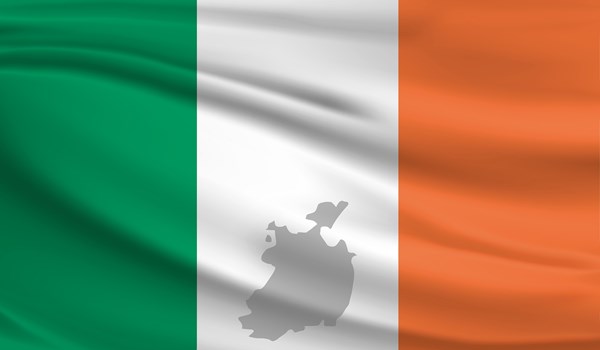Jurisdictions
Regions
Industry Sectors
01/07/21
IRELAND: Multinationals channelled €27bn through country in 2016, report claims.

As published on irishtimes.com, Thursday 1 July, 2021.
Multinationals channelled €27 billion in profits generated in other countries through Ireland in 2016, according to a new study.
The research commissioned by the Left group in the European Parliament suggested Ireland was the second-largest beneficiary of so-called profit shifting in the European Union behind the Netherlands.
Profit shifting refers to the practice of shifting profits generated in one country to another to avail of a lower rate of tax.
The report by Czech academic and economist Petr Janský found that of the $1 trillion in profits “shifted to tax havens worldwide”, 22 per cent – or $215 billion – has been shifted to tax havens that are EU member states.
By far, the Netherlands with $140 billion of profit shifted in 2016 was “the most important tax haven among the EU member states”, it said, followed by Ireland with $28 billion (€27 billion) and Luxembourg with $18 billion .
The report suggested that at least two-thirds (18 out of 27) of the EU member states lose out due to profit shifting by multinationals.
Germany witnessed the biggest exodus of profits in absolute terms, equating to $102 billion, followed by France at $91 billion. This equated to 30 per cent and 27 per cent of their respective corporate tax bases.
Relative to their corporate tax revenues – in addition to Germany and France – Lithuania, Poland, Romania and Italy are estimated to lose more than 15 per cent of their corporate tax revenues due to profit shifting, it said.
The report noted that the current reforms being discussed by the G7 and the the Organisation for Economic Co-operation and Development (OECD) aim “to turn the tables: tax havens would lose while other countries would benefit”.
The first tranche of reforms centred around the reallocation of tax rights would benefit the countries in which multinational corporations are headquartered much more than other countries, the report said.
However, in contrast, proposals for a minimum effective tax rate would benefit all the countries in which multinationals “are economically active, either having sales, assets or employees there, regardless of in which country they are headquartered”, it said.
The two pillars of the reform process being forged by the OECD – that multinationals pay a greater proportion of tax in those countries where they earn the profits, and the establishment of a minimum rate – has put the squeeze on Ireland which has a corporate tax rate of 12.5 per cent.
Minister for Finance Paschal Donohoe has said that the Republic could lose up to one-fifth of its overall corporate tax revenue if the proposals are adopted.
However, the bigger fear is that an effective minimum rate would undermine Ireland’s tax advantage and dampen future investment.
Mr Donohoe expressed reservations about the possibility of a global minimum corporate tax rate, suggesting that small countries “need to be able to use tax policy as a legitimate lever to compensate for advantages of scale, location, resources, industrial heritage and the real, material and persistent advantage enjoyed by larger countries”.
The European Commission recently announced plans for a unified corporate tax code to prevent member states from competing against each other on tax or offering so-called sweetheart deals to companies.
The commission’s plan comes in the wake of a US proposal for a minimum rate of 21 per cent on the international earnings of US companies, which is way above the Irish rate.



